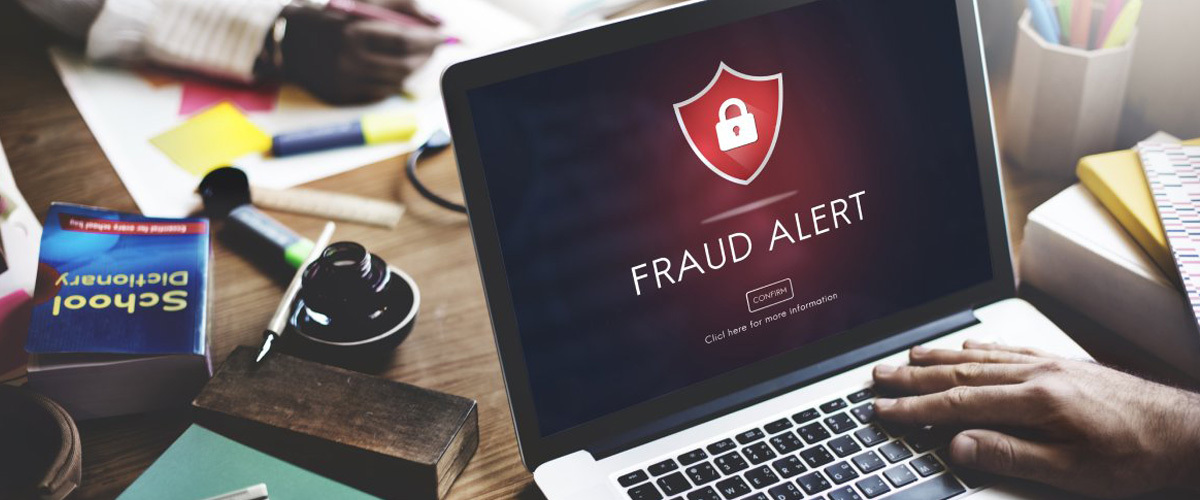Online banking’s convenient, 24/7 access to your finances and transactions make it an appealing option for busy consumers like you. Whether you are at your computer or your mobile devices, access to your accounts is easy, immediate, and efficient. However, with a world of hacking and scams to deal with, is it wise to manage personal financial information online? The last thing you want is to lose money to scammers or hackers. Whether you are paying bills, applying for loans, transferring funds, or checking balances, can you feel sure that your information is secure? The short answer is “Yes!” Here is a look at why.
Encryption
Encryption refers to the practice of automatically scrambling data as it is sent to and from devices and restricting access to the unscrambled data to those with the correct digital “key.” Reliable online banking systems implement robust encryption protocols to protect sensitive data (e.g. Account information, passwords, etc.) as it is transmitted through online banking practices.
Some of the leading encryption standards include SSL (Secure Sockets Layer) and TLS (Transport Layer Security), though you should talk to your online banking provider if you have any questions about what encryption protocols they use. The more advanced the encryption, the harder it will be for others to access your data without authorization.
Multi-Factor Authentication
As its name implies, multi-factor authentication uses a password + some other form of identification for account log in. For example, you may be required to enter your online banking password, at which point, a code is automatically sent to your phone or email. You must then enter that code in order to gain access to your account. Other factors you may encounter include fingerprint scans and phone calls.
This approach helps to secure your accounts by making it more difficult for unauthorized individuals to access your information. Instead of just your password, they would also need your fingerprint, email access, or access to your phone in order to get into your account. This multi-step process, therefore, reduces the chances of your private information becoming exposed online.
Fraud Monitoring Alerts
If someone does manage to access and use your private financial information, you may not always know about it until it is too late. Fraud monitoring alerts offered by your bank can help you identify and stop identity theft and online banking scams before they drain your bank accounts.
These alerts utilize sophisticated technology to identify suspicious activity on your accounts. Once this activity is detected, the system alerts you through email or text. In addition, you may find that suspicious transactions are declined or require your approval before they go through. These precautions allow you to stop and report any fraudulent activity as soon as it occurs.
User Awareness
The protections put in place by your financial institution can greatly reduce the chances of your personal information falling into the wrong hands. However, online banking users also have a responsibility to remain educated and aware of what could happen to their accounts.
For example, do you know the signs of a phishing scam that pretends to be from your banking institution and requests information such as your passwords or Social Security numbers? Do you know how to navigate your fraud alerts? Do you know how to report suspicious activity on your account?
Your financial institution can provide you with the information and education you need to be a savvy and aware online banking user. The more you know, the more effectively you can protect yourself.
Protective Measures
In addition to education and awareness, there are specific things you can do to protect your accounts. Here are some of the most important steps you can take: Some of them are possible right now, with just a few moments of your time.
- Use strong, unique passwords.
- Change your account passwords regularly.
- Update your software when required.
- Do not click on unfamiliar links.
- Avoid using public Wi-Fi to access your accounts.
- Keep your device updated with modern security measures.
- Consider using a VPN on your network.
These steps can make it more difficult for would-be thieves to steal your information and your resources.
When these security measures are utilized, online banking can be an extremely secure way to manage your finances. Your online banking institution can help you understand the security measures they take, and guide you toward best practices in your own use of online banking.
Here at Bank of South Texas, we offer advanced security measures to protect your online accounts. These measures include state-of-the-art encryption, multi-factor authentication, fraud monitoring alerts, and more. We would be happy to tell you how our online banking services are both secure and convenient, putting the management of your finances at your fingertips. Are you ready to discover the advantages Bank of South Texas has to offer you? Contact us today to learn more!


